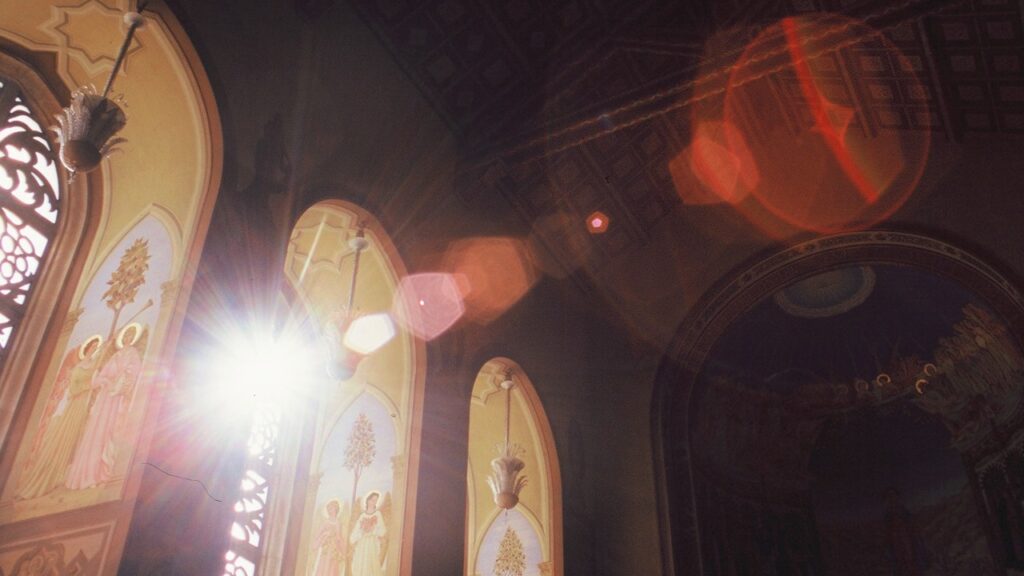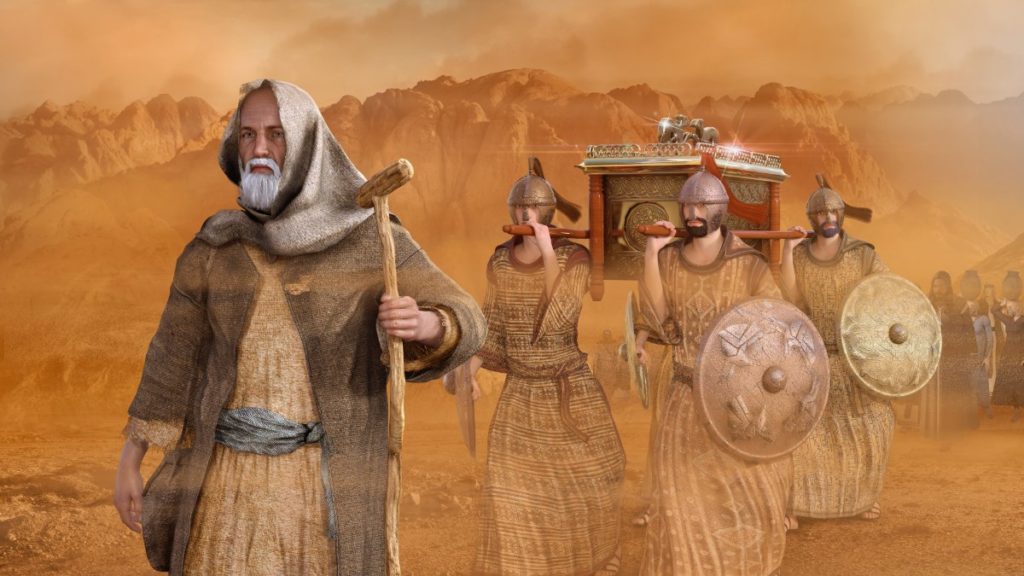The song אוֹר גָּדוֹל (or gadol – lit. big light) by אָמִיר דָדוןֹ (Amir Dadon) came out in 2010, but since I spent much of the 2010s in China, the first time this song caught my attention was 2020 – the year I was stuck in Israel and could not return to China due to Covid 19.
In the early days of the Lockdowns a company called Electra – a well-known air conditioning brand in Israel, decided to shoot an uplifting (or highly cringy – depends on who you ask) commercial, and chose to use this song in a kind of homage to the Italian lockdown balcony singing.
I didn’t care much for the commercial, but I really liked the song, and it sort of stayed with me. It a relatively simple song – not only melodically, but also in terms of Hebrew vocabulary and grammar. Therefore, I decided to teach it to my student even though they’re only in the first semester of their first year as Hebrew majors. The fact that it is almost Chanukka – the festival of lights – was also a nice added bonus.

At the beginning I just thought it would be a nice song to learn during these turbulent times in China. But as we went through it, I realized that is song is also the best farewell to China and going back to Israel song I could ask for in the soundtrack of my life. It simply nails all the emotions I have been going through in the recent weeks and month that had led to my decision to leave.
Here are the lyrics in Hebrew. Down the page you will also find a vocabulary table with the keywords followed by a rough translation to English.
אור גדול
מילים ולחן: אמיר דדון
ואם היה לי קצת עצוב
אולי למדתי מזה משהו חשוב
כי בסוף כשזה נגמר
יש סיבה לכל דבר
לבד בתוך כל הטירוף
אני חושב איך שהזמן יכול לעוף
אבל בסוף כשזה נגמר
יש סיבה לכל דבר
אור גדול מאיר הכול
ויותר כבר לא צריך לשאול
אני בא ללמוד ממה שטוב ולחיות
להתחיל הכול מהתחלה
כמו לנשום בפעם הראשונה
אני כאן אני לא מתבזבז יותר
ואם יכולתי רק לזכור
לכל אחד יש את הדרך לעבור
אבל בסוף כשזה נגמר
יש תשובה לכל דבר
Vocabulary Table
| Meaning | Pronunciation | עברית | # |
|---|---|---|---|
| if | im | אם | 1 |
| maybe | ulai | אולי | 2 |
| something | mashehu | משהו | 3 |
| in the end | ba’sof | בסוף | 4 |
| when | kshe | -כש | 5 |
| ended, over | nigmar | נגמר | 6 |
| a reason | siba | סיבה | 7 |
| alone | levad | לבד | 8 |
| inside, within | be’tokh | בתוך | 9 |
| madness, insanity, craze | teruf | טירוף | 10 |
| think (sing. masc.) | choshev | חושב | 11 |
| how | eikh | איך | 12 |
| time | zman | זמן | 13 |
| can | yakhol | יכול | 14 |
| to fly | la’uf | לעוף | 15 |
| illuminate (sing. masc.) | me’ir | מאיר | 16 |
| more, anymore | yoter | יותר | 17 |
| already | kvar | כבר | 18 |
| need (sing. masc.) | tsarikh | צריך | 19 |
| to ask, to borrow | lish’ol | לשאול | 20 |
| to live | lichyot | לחיות | 21 |
| to begin, to start | le’hatchil | להתחיל | 22 |
| beginning | hatchala | התחלה | 23 |
| to breathe | linshom | לנשום | 24 |
| time, once | pa’am | פעם | 25 |
| first (sing. fam.) | rishona | ראשונה | 26 |
| spent, wasted (sing. masc.) | mitbazbez | מתבזבז | 27 |
| to remember | lizkor | לזכור | 28 |
| way, road | derekh | דרך | 29 |
| answer, repentance | tshuva | תשובה | 30 |
Translation
Here is a rough translation of the song. To keep things simple and to make it as helpful as possible to Hebrew learners, it is all very literal, and I didn’t even change the location of the words unless it was really necessary. The result is not very graceful, but it gets the meaning across and that’s the important thing.
Great Light
(Written and composed by Amir Dadon)
And if it was a bit sad for me
Maybe I learned from it something important
Because at the end when it is over
There is a reason for everything
Alone inside all the madness
I think how time can fly
But in the end when it is over
There’s a reason for everything
A great light is illuminating everything
And there’s already no need to ask anymore
I come to learn from what is good and to live
To start everything from the beginning
Like breathing for the first time
I am here, not letting myself go to waste anymore
And if only I could remember
Everyone has their own way to pass
But in the end when it is over
There is an answer to everything
As I said, it is not the most graceful or artistic translation, but it gets the job done. The word I struggled with the most is מתבזבז (mitbazbez) because in English the words ‘spent’ and ‘get wasted’ each has a whole other set of meanings and connotations which do not exist in Hebrew. That is why I went with ‘letting myself go to waste’ – it rather cumbersome but conveys the meaning of not realizing your full potential.
I think my favorite line in this song is לכל אחד יש את הדרך לעבור which can mean both ‘we all have a path to cross’ and ‘we all have our own way of going through things’. Here is a live version of Or Gadol or Great Light performed by Amir Dadon and Ninet Tayeb. Note the subtle changes Ninet makes to the grammar in order to adapt it to a female speaker.
In the second verse she sings אני חושבת איך הזמן יכול לעוף changing masculine חושב (choshev) to the feminine חושבת (choshevet), and also removing the prefix ש (that) before the word זמן. In the chorus she also changes the בא (ba) to באה (ba’a) but it’s barely noticeable. What is much more noticeable is the removal of the second אני (ani) to make room for the word מתבזבזת (mitbazbezet) in the last line of the chorus. In the third verse Amir Dadon sings יכולנו (yakholnu) instead of יכולתי (yakholti) changing it from the past tense of the pronoun ‘I’ to the past tense of the pronoun ‘we’.
Cover image Light in a Church was taken in Jerusalem but it was so long ago I don’t even remember the name of the church. Apologies.
Stay in Touch!
Get the next post from Hebrew Monk directly to you inbox!
Don't like emails? Subscribe to Heberw Monk's Telegram Channel instead.



